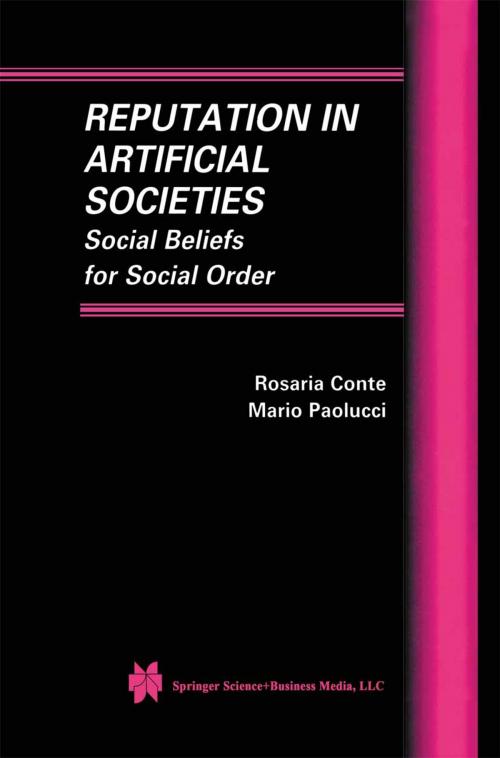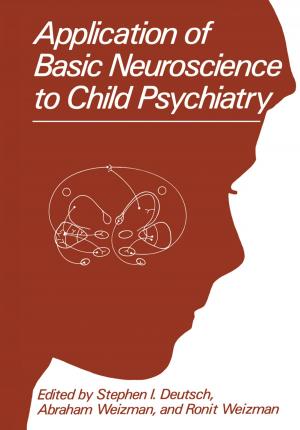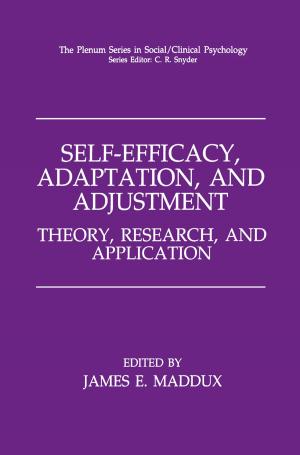Reputation in Artificial Societies
Social Beliefs for Social Order
Nonfiction, Computers, Advanced Computing, Programming, User Interfaces, Artificial Intelligence, General Computing| Author: | Rosaria Conte, Mario Paolucci | ISBN: | 9781461511595 |
| Publisher: | Springer US | Publication: | December 6, 2012 |
| Imprint: | Springer | Language: | English |
| Author: | Rosaria Conte, Mario Paolucci |
| ISBN: | 9781461511595 |
| Publisher: | Springer US |
| Publication: | December 6, 2012 |
| Imprint: | Springer |
| Language: | English |
Reputation In Artificial Societies discusses the role of reputation in the achievement of social order. The book proposes that reputation is an agent property that results from transmission of beliefs about how the agents are evaluated with regard to a socially desirable conduct. This desirable conduct represents one or another of the solutions to the problem of social order and may consist of cooperation or altruism, reciprocity, or norm obedience.
Reputation In Artificial Societies distinguishes between image (direct evaluation of others) and reputation (propagating metabelief, indirectly acquired) and investigates their effects with regard to both natural and electronic societies. The interplay between image and reputation, the processes leading to them and the set of decisions that agents make on their basis are demonstrated with supporting data from agentbased simulations.
Reputation In Artificial Societies discusses the role of reputation in the achievement of social order. The book proposes that reputation is an agent property that results from transmission of beliefs about how the agents are evaluated with regard to a socially desirable conduct. This desirable conduct represents one or another of the solutions to the problem of social order and may consist of cooperation or altruism, reciprocity, or norm obedience.
Reputation In Artificial Societies distinguishes between image (direct evaluation of others) and reputation (propagating metabelief, indirectly acquired) and investigates their effects with regard to both natural and electronic societies. The interplay between image and reputation, the processes leading to them and the set of decisions that agents make on their basis are demonstrated with supporting data from agentbased simulations.















